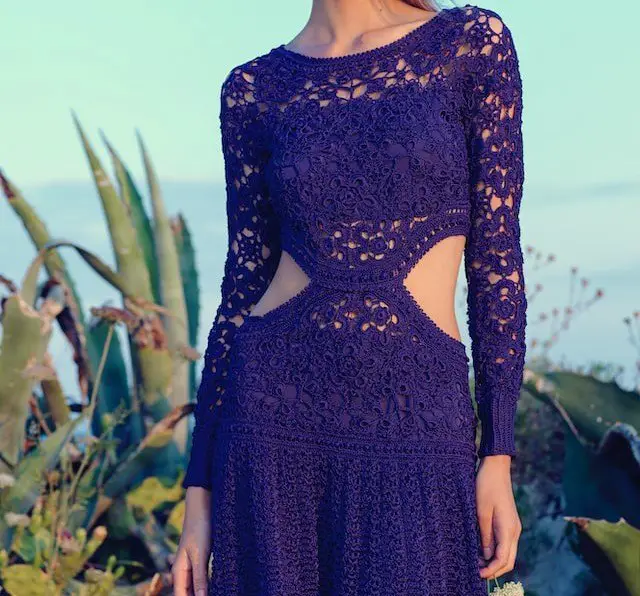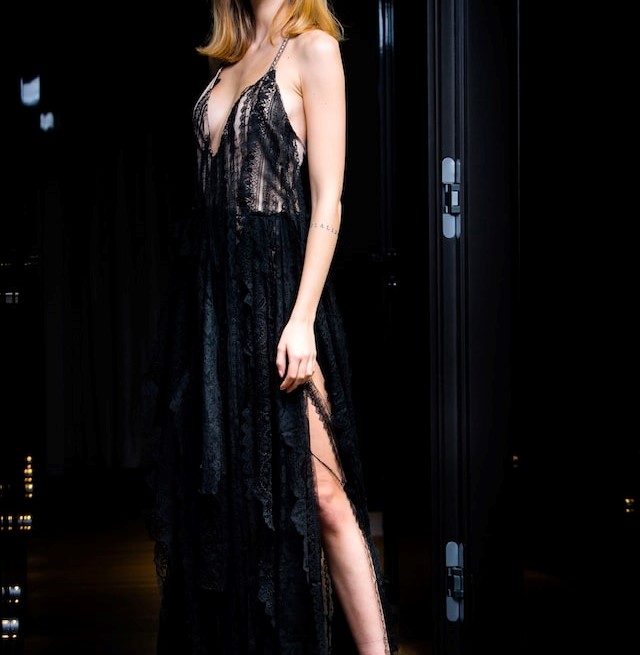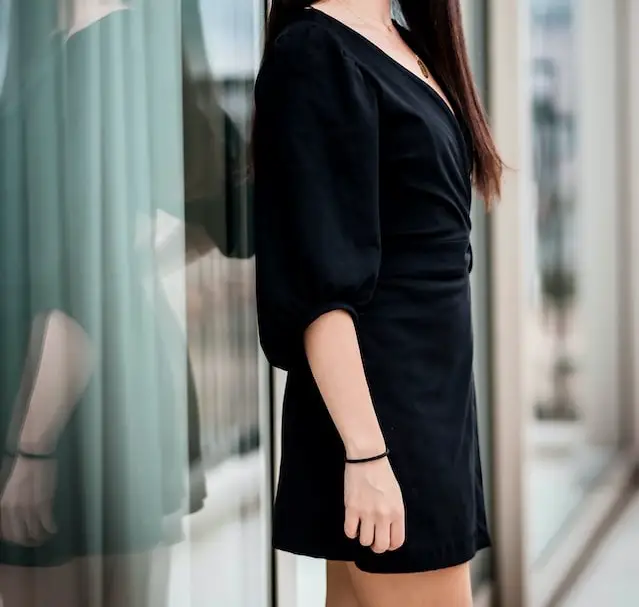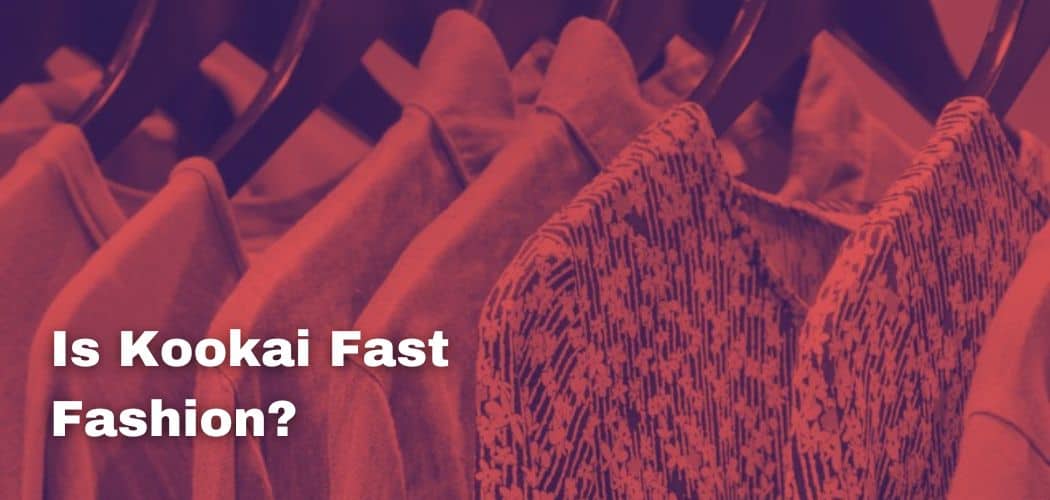It’s unclear whether the brand Kookai is a fast fast fashion one or not. This is because of the vague and limited information available over the store’s policies.
Fast fashion has spread its roots all over the world. In today’s world, you come across several ads that point towards products from fast fashion brands.
However, fast fashion has its downside and it’s becoming a problem for the world as well. It has a huge negative environmental impact, which is driving our ecosystem into destruction.
It’s high time that people start realizing about the wrongdoings of fast fashion brands and make use of all the information that they can get.
For that reason, I’m here to help! In this article, I’ll be discussing whether the brand, Kookai, is a fast fashion one or not.
So let’s get right to it!
Is it really fast?
Technically, Kookai doesn’t qualify as a fast fashion brand, even though they describe themselves as such.
Their main philosophy is to create fashionable clothing for women at affordable prices. This may sound like the aim of every fast fashion brand, however, Kookai might just be different.
Rather than regarding itself as a fast fashion brand, it has been rated as an ethical fashion brand. There’s no statement over what type of store Kookai really is.
Kookai is an Australian owned women’s fashion label. Originally, it was found in Paris in 1983. Robert Cromb and Daniel Vagner are now the founders of Kookai Australia, since 1992.

The reason I say that this brand isn’t a fast fashion one is because it’s all about being ethical and existing meaningfully.
A key feature of fast fashion brands is that they create new designs and launch collections almost every other week. Simultaneously, they discard the old stock, which ends up as waste in landfills.
They use cheap raw materials which aren’t sustainable either causing the clothes to not biodegrade easily. So they have to be burnt, which leads to greenhouse gas emissions.
Basically, the fashion industry creates a problem which leads to an even bigger one. It’s a cycle of destruction. Due to these reasons, the fast fashion industry has always been looked down upon!
However, Kookai is far from being this way. Instead, they believe that fashion is so much more than just creating clothing.
They claim that Fashion is also about taking care of the environment and being aware of the footprint as well as impact they have on the ecosystem.
Moreover, the brand also believes that even though trends change, fashion shouldn’t be disposable.
This is why each of their garments are carefully constructed to last for a long period of time. They claim to use quality products which can stand the test of time.
All of the above statements made by the brand itself indicates that it may not be a fast fashion one.
How ethical is Kookai?
As I stated earlier, the Kookai fashion brand is all about meaningful existence and being ethical.
The brand established an ethics and sustainability committee, which is responsible for rightful implementation of all initiatives in terms of becoming sustainable.
They’re consciously working towards integrating sustainable materials into the design. Their goal is to achieve zero carbon emissions by 2050.
Moreover, they also talk about mindful manufacturing. The brand claims to provide a safe and healthy work environment for their employees.
They believe that working conditions and welfare is of paramount importance to them. They also established their manufacturing facilities in Sri Lanka and Fiji in hopes of being as ethical as possible.

Additionally, Kookai is very transparent about all their operations. They also provide transparency over their supply chain so that they can gain the trust of their customers. In my opinion, this makes a brand an ethical one.
However, while they make these claims, there’s no evidence that can be found which makes sure that Kookai is actually trying to reduce its carbon and greenhouse gas emissions.
Many shoppers have a hard time trusting this brand also because it has its factories in Fiji and Sri Lanka.
They claim that worker welfare is extremely important, however, these two countries are at a high risk of labor abuse. The brand also has a code of conduct but doesn’t disclose it publicly.
Where are Kookai clothes made?
Kookai’s primary manufacturing factories are located in Fiji and Sri Lanka. Whereas, their headquarters are based in Victoria, Australia.
The brand has employed approximately a 1000 Fijian residents. Out of which 78% are females. They’re responsible for producing the majority of the Basics collection for Kookai.

The Sri Lanka based factory has almost 600 Sri Lankan residents as employees. 76% are females and they’re responsible for creating the Kookai Fashion collection.
Other than this, there’s no more information on their manufacturing process or other countries.
What material is Kookai?
Kookai claims to use good quality materials for their clothing so that they can last. They provide information on their fabrics and textiles on the website.
The brand sources raw materials for its basic collection from ABMT Textiles, which is a leading company in natural fiber performance and lifestyle.

They have a long relationship with this textile company and both are committed towards quality, ethicality, traceability, and environmental impact.
Additionally, the brand doesn’t use fur, angora or exotic animal skin. However, it’s not completely cruelty free because it still makes use of leather, exotic animal hair, and wool.
Is it ethical?
Kookai does seem to be an ethical company in terms of all the measures it has taken towards sustainability and environmental impact.
Although they portray themselves as an ethical brand, no one actually knows what goes on behind. They’re trying to maintain a certain image, but are just brainwashing people.
Kookai is proud of their transparency but still gate-keeps information. For instance, they claim to pay living wages but don’t show how they’re achieving this goal.
So one can say that Kookai has selective transparency, which doesn’t make them very ethical.
It’s difficult to conclude whether it’s ethical or not. They have an entire page on their website stating efforts made to be more sustainable and ethical.
They also managed to score an A- rating on ethics when compared to other Australian brands.
I hope this article answered all your queries!

